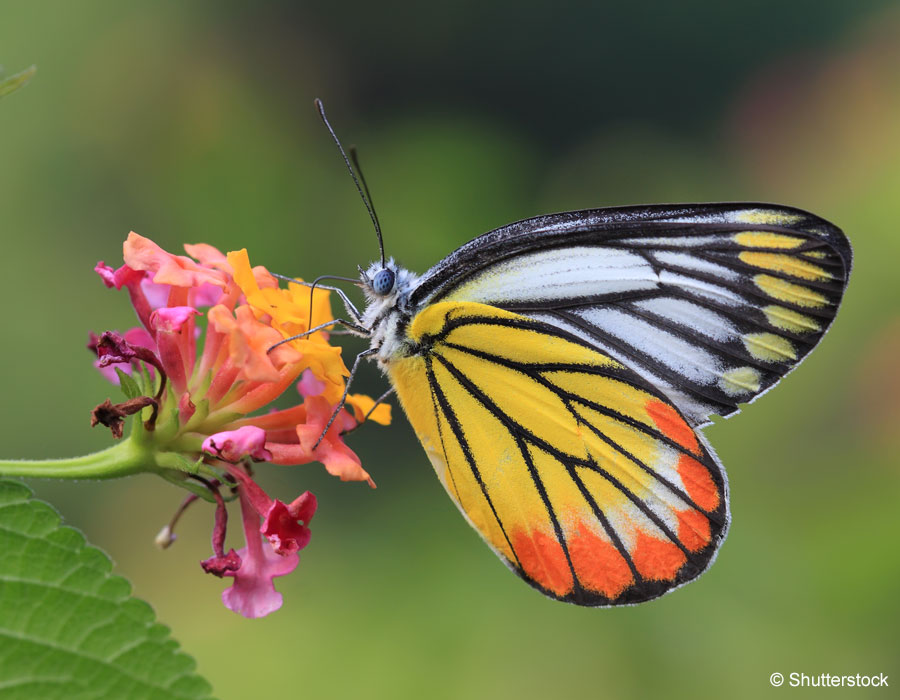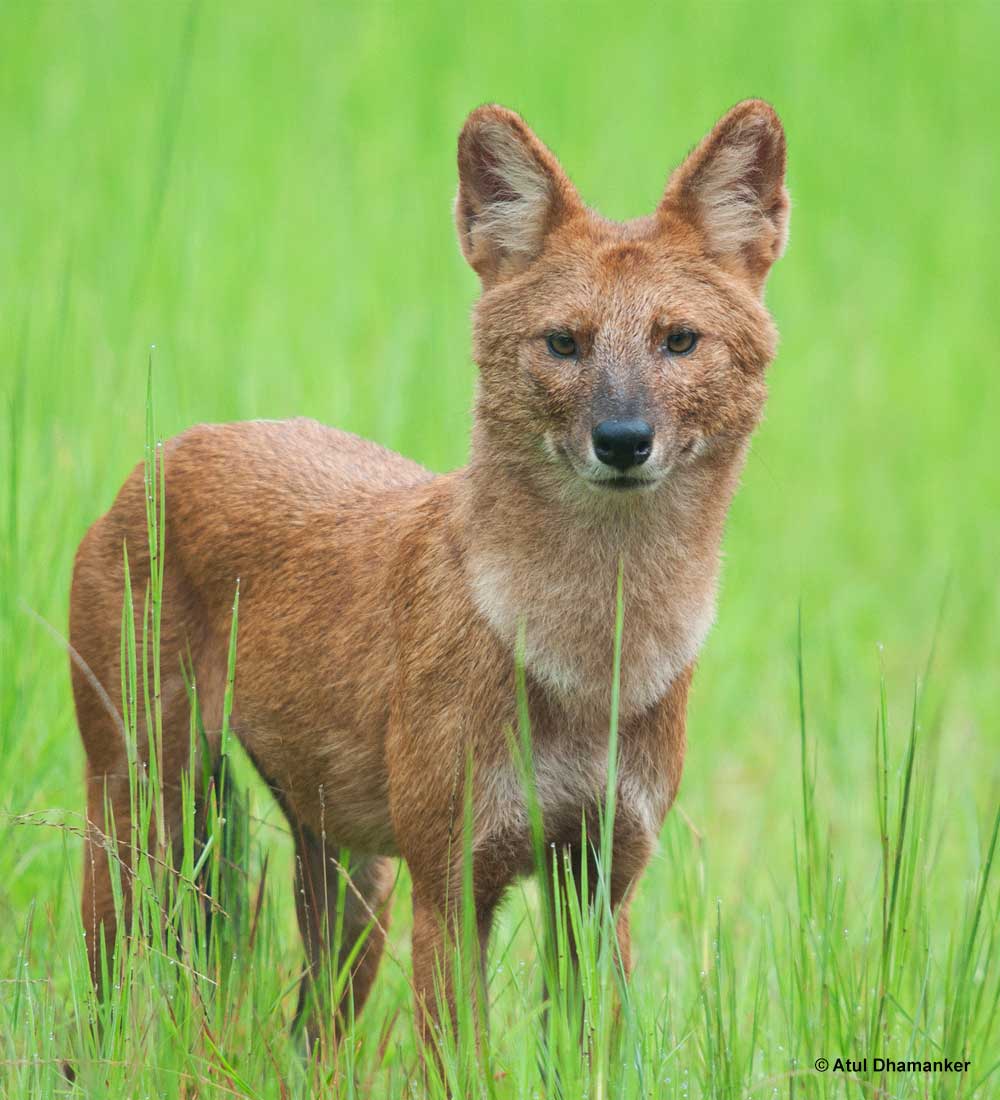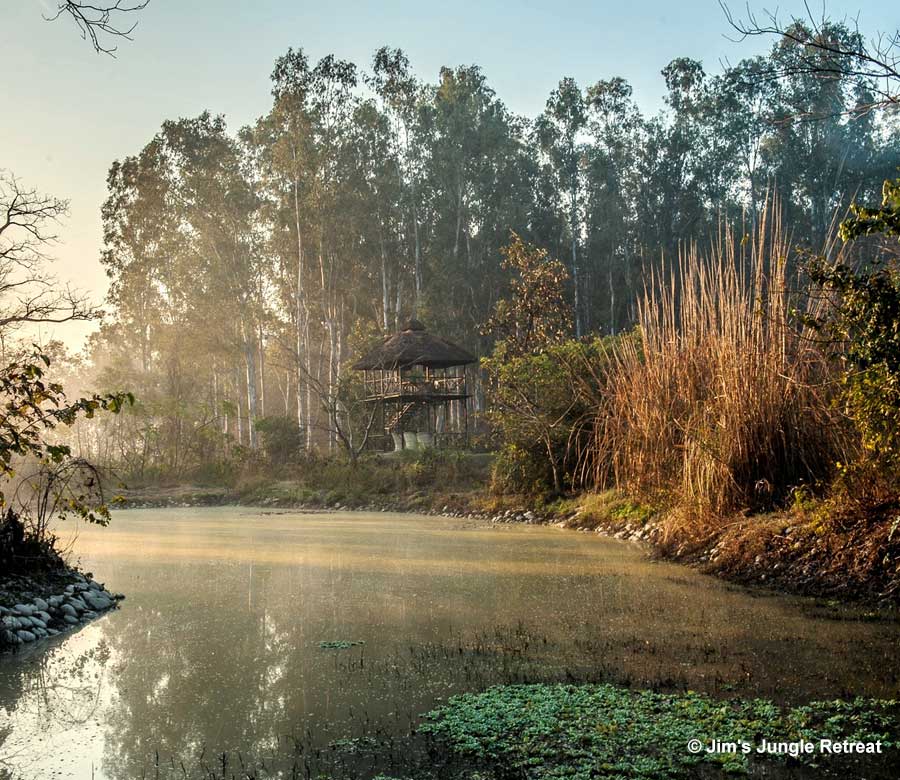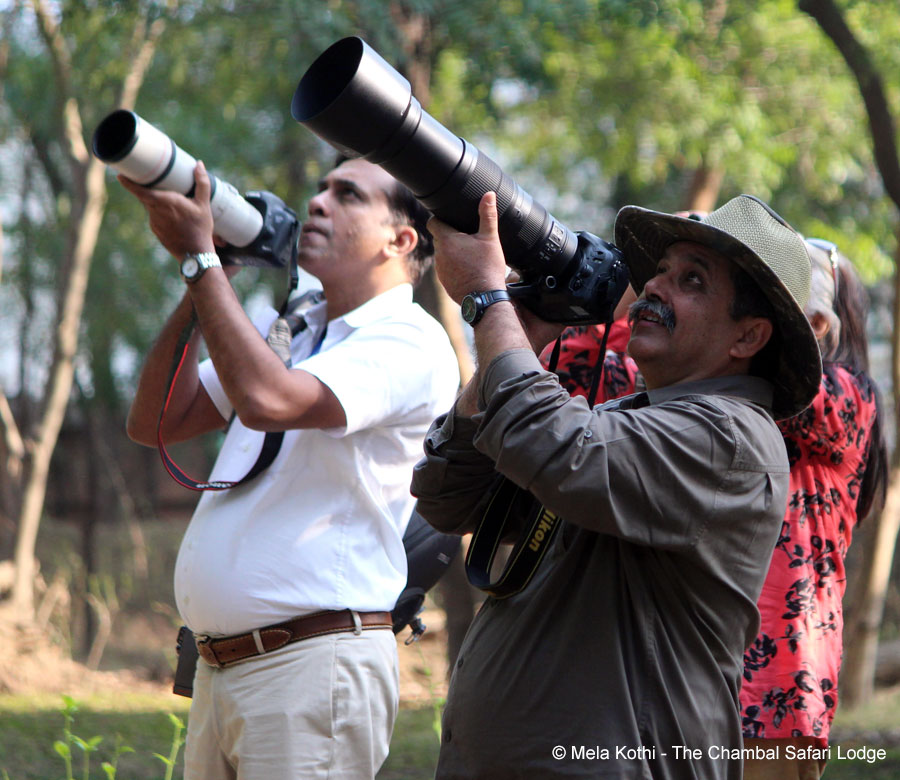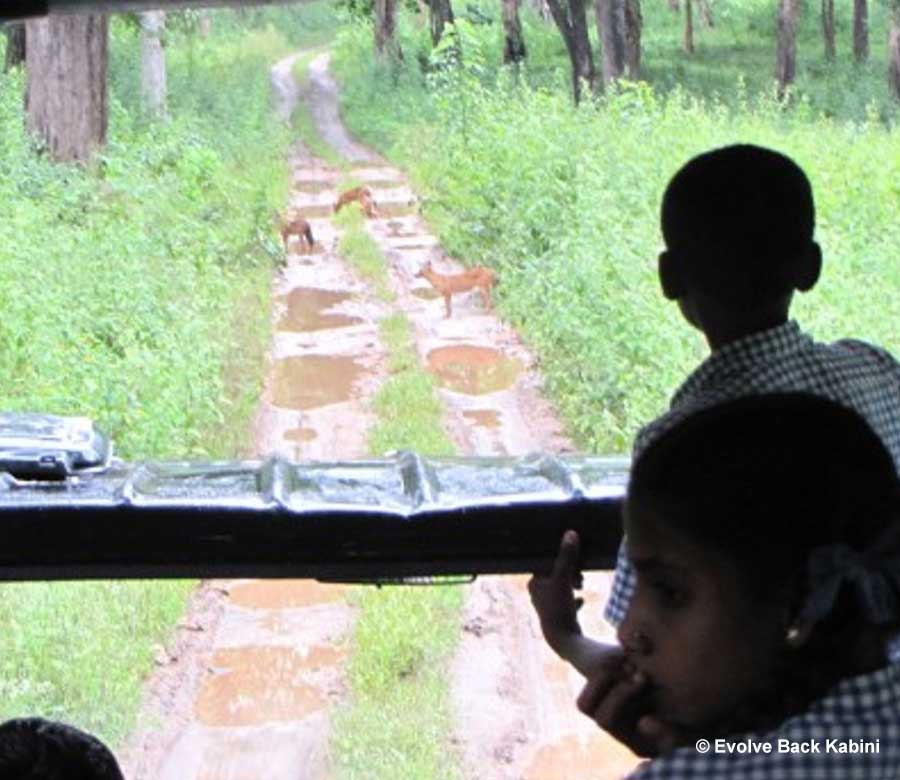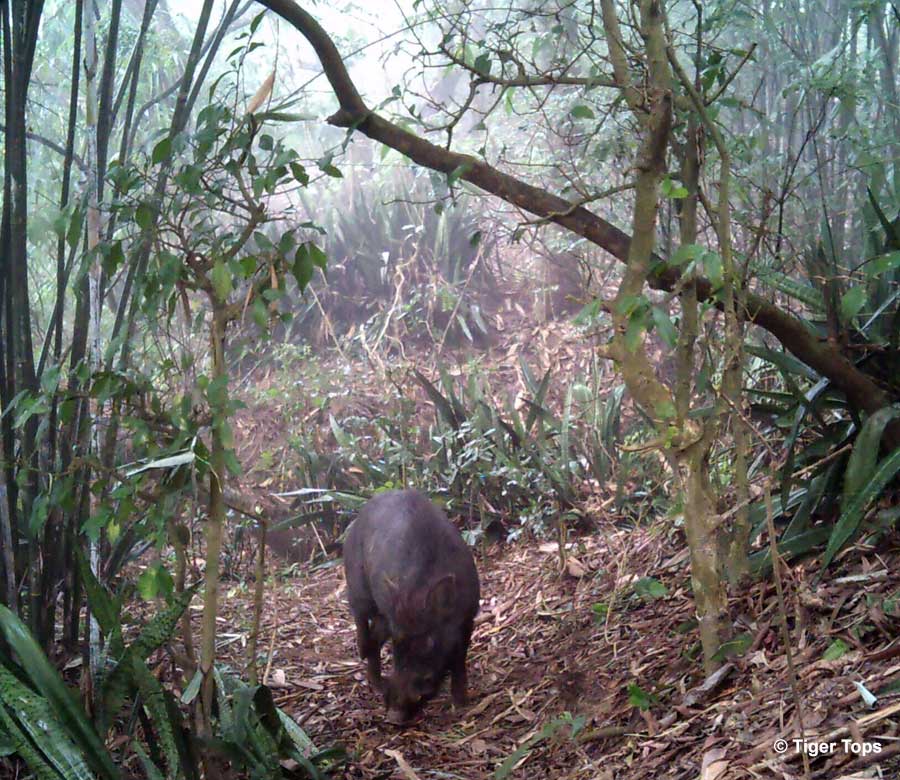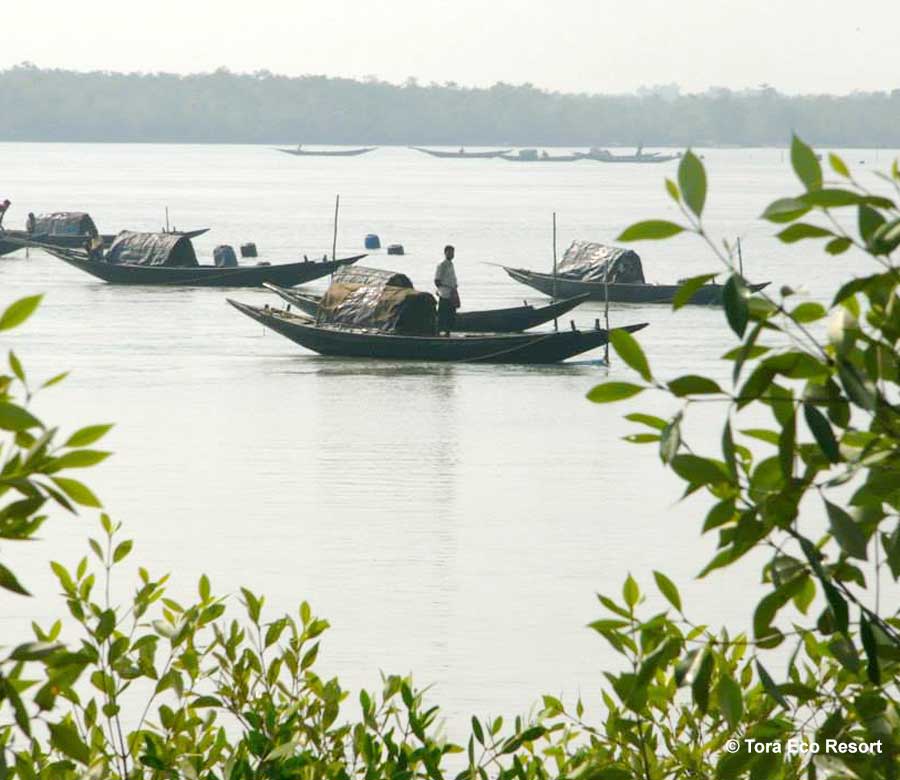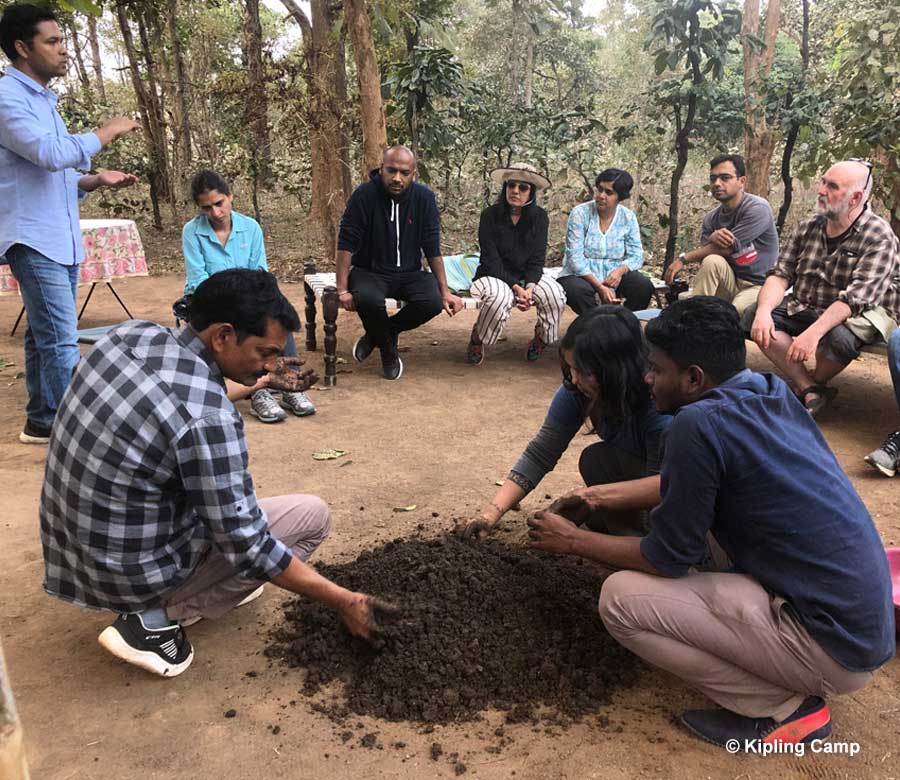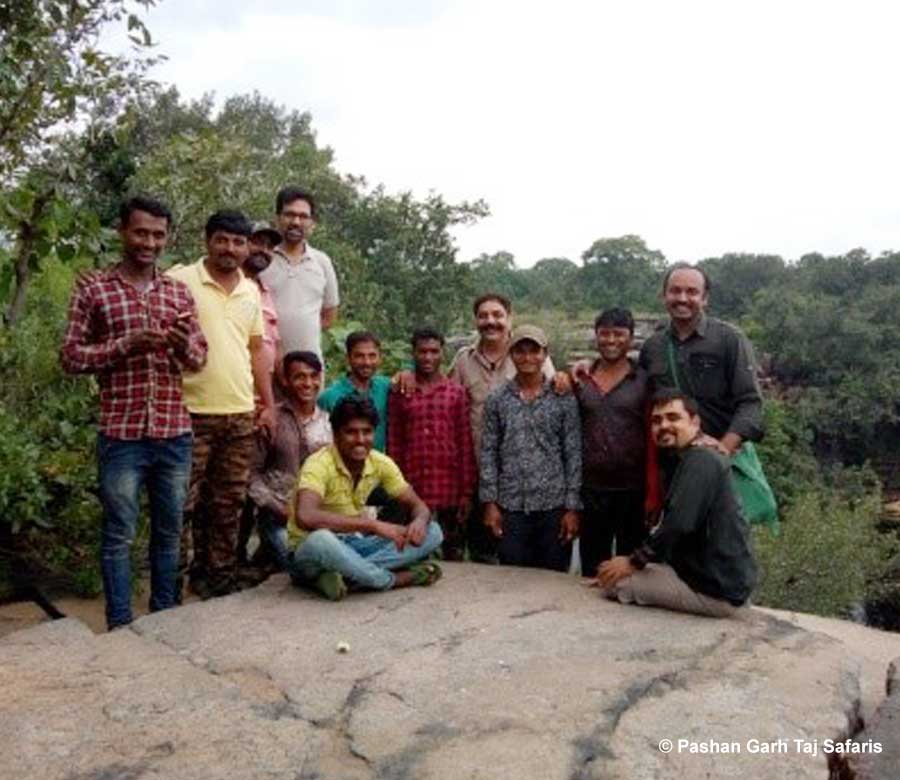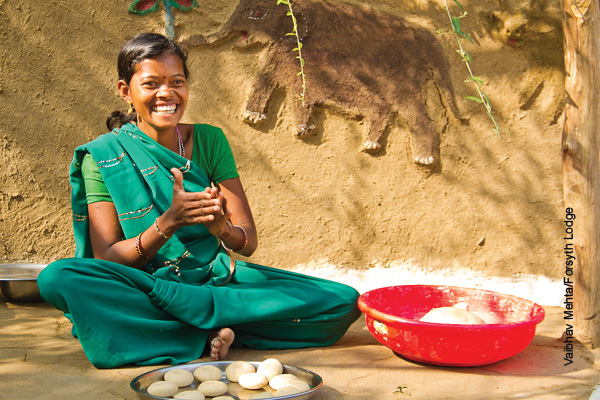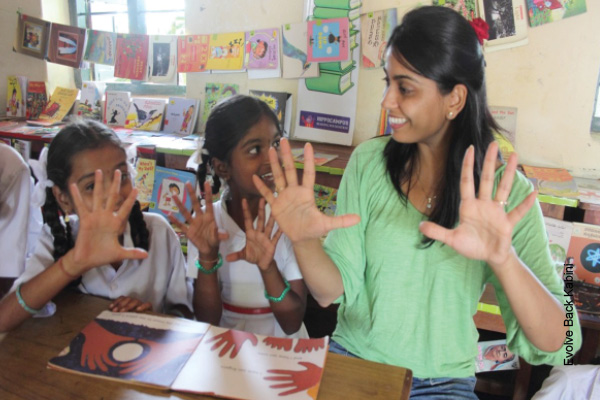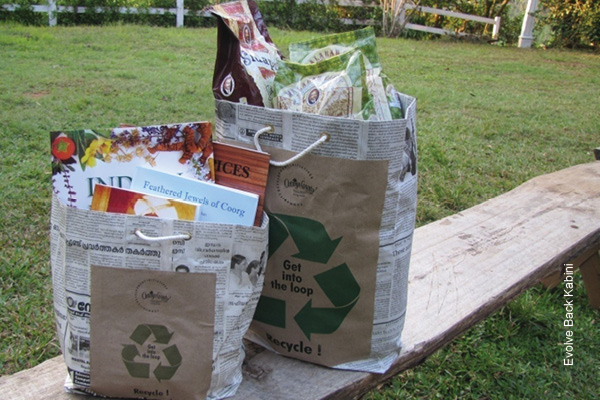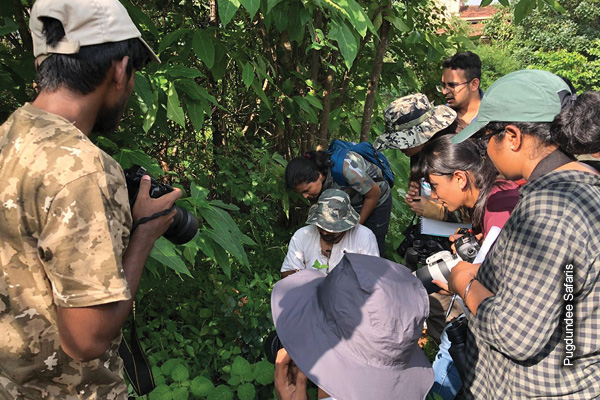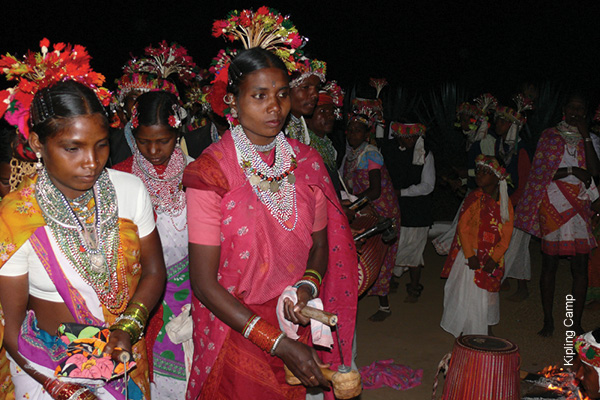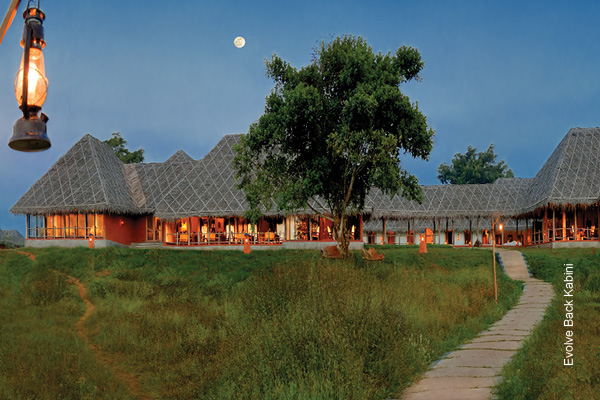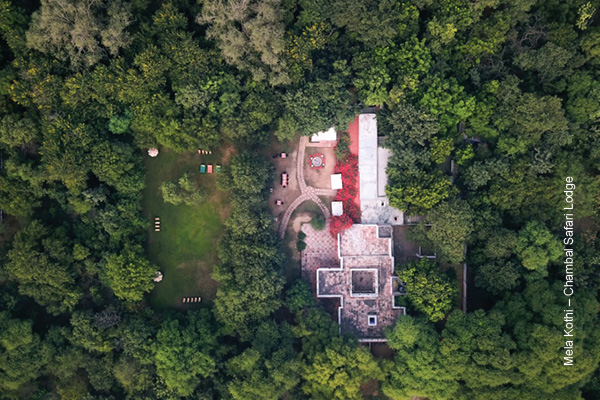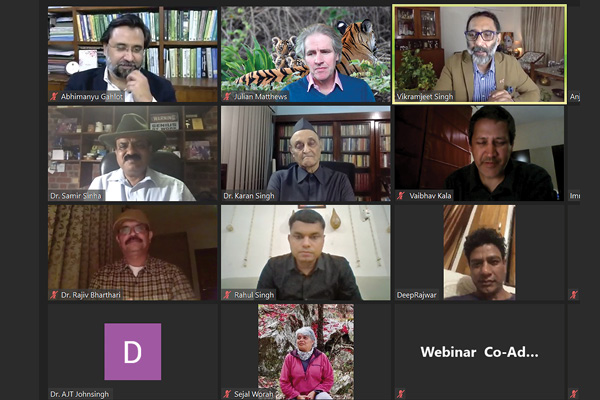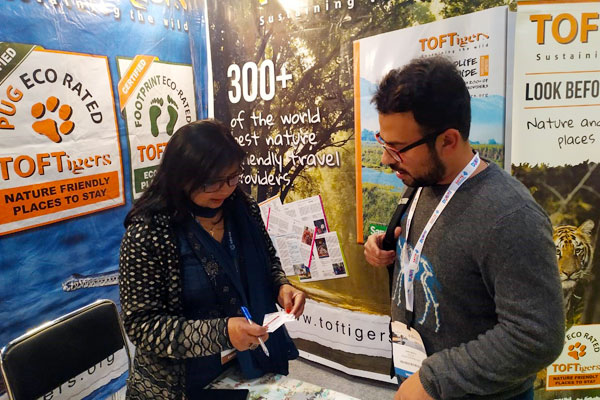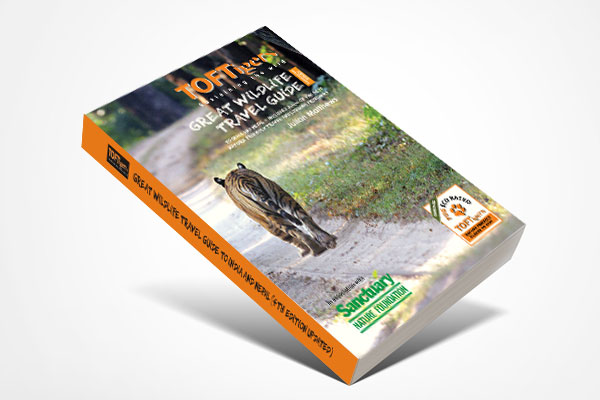Nature Education & Conservation
Part of TOFTigers Best Practice Series
WHY IT'S IMPORTANT
The planet as we know it is in trouble. Biodiversity is under threat like never before with a 60% decline in wildlife populations over the last 40 years, one million plant and animal species at risk and scientists announcing that the sixth great extinction has already begun. Climate change is an existential threat to us all with a shrinking window of opportunity to tip the balance. Yet amongst this bleak picture, there are glimmers of hope. Some species, tigers amongst them, are increasing in numbers. Public consciousness and concern about our predicament is rising with a groundswell of interest in nature and awareness of the ecosystem services it provides – from clean air, carbon sequestration, flood prevention, and clean water to health, recreation, and wellbeing.
The best practices of nature tourism are a force for positive change if you keep your footprint light – an opportunity to educate and inspire, to restore habitats and contribute to conservation, bring economic and social benefits to local communities, and change poachers into protectors. Playing your role in conserving nature is good for business-enhancing your guests’ experience, providing them with an opportunity to make a positive difference, and safeguarding the destinations they come to enjoy.

EXAMPLES OF GOOD PRACTICE
Jim’s Jungle Retreat has transformed fifteen acres of denuded farmland by extensive planting with nearly 100 species of trees and over 50 plants and grasses native to Corbett’s forests. Six water bodies – four natural and two artificial – harvest rainwater. A machan has been constructed to enable guests to view the abundance of wildlife that now resides there. Grounds include a termite walk.
Mela Kothi – the Chambal Safari Lodge offers a range of excursions in addition to nature walks and birdwatching including blackbuck jeep safaris, visits to the Sarus Crane Conservation Reserve and river safaris for viewing birdlife, gharials, muggers with occasional glimpses of the Gangetic river dolphin. They have also hosted two international bird festivals, part of a broader range of nature education and conservation initiatives.
Oberoi Vanyavilas offers a range of games for children to increase their awareness of nature conservation issues and make their visits fun. Activities include bushcraft, stargazing and exploring animal tracks, insects and birds.
Evolve Back Kabini takes local school children on wildlife safaris twice a year to raise awareness of wildlife, environmental and conservation issues, one of a number of lodges giving local children access to their natural heritage. Conservation classes are also held at the resort’s adopted school.
Tiger Tops Long Term Tiger Monitoring Project launched in 1980 resulted in the collection of the largest set of data on tiger ecology. They continue to record a wider range of animal movements. Pictured here wild boar captured on camera at Tharu Lodge. Lodge staff also participate in the Asian Waterbird Census.
Tora Eco Resort in the Sundarbans, the successful brainchild of WWF’s State Director, the West Bengal Forest Department and the Bali Nature and Wildlife Conservation Society is a collaboration between a private sector company and BNWCS with community benefits spelt out in the agreement. The initiative has provided new livelihood opportunities and is reducing dependency on forest resources.
Kipling Camp hosts annual Forest Creation workshops run by Afforestt, giving participants an insight into the importance of the forest ecosystem and hands-on experience in how to create a forest. The saplings are supplied by a local villager, Pintu, who has established an organic, indigenous plant nursery with the lodge’s assistance.
Pashan Garh Taj Safaris, in association with Last Wilderness Foundation and Panna Tiger Reserve, conduct a regular Guide Training Programme for Pardhi tribe members to enhance their existing knowledge of the forest and its wildlife. The initiative aims to develop an alternative livelihood opportunity – Walk with the Pardhis – for a community formerly involved in poaching.
RESOURCES
Correct at time of press. Information included may not be appropriate to every situation, destination and country and is intended for general guidance only and may be subject to change.
Photos © lodges featured, Sycom Project Consultants, or other photographers listed. © The TOFTigers Initiative 2026. All rights reserved

